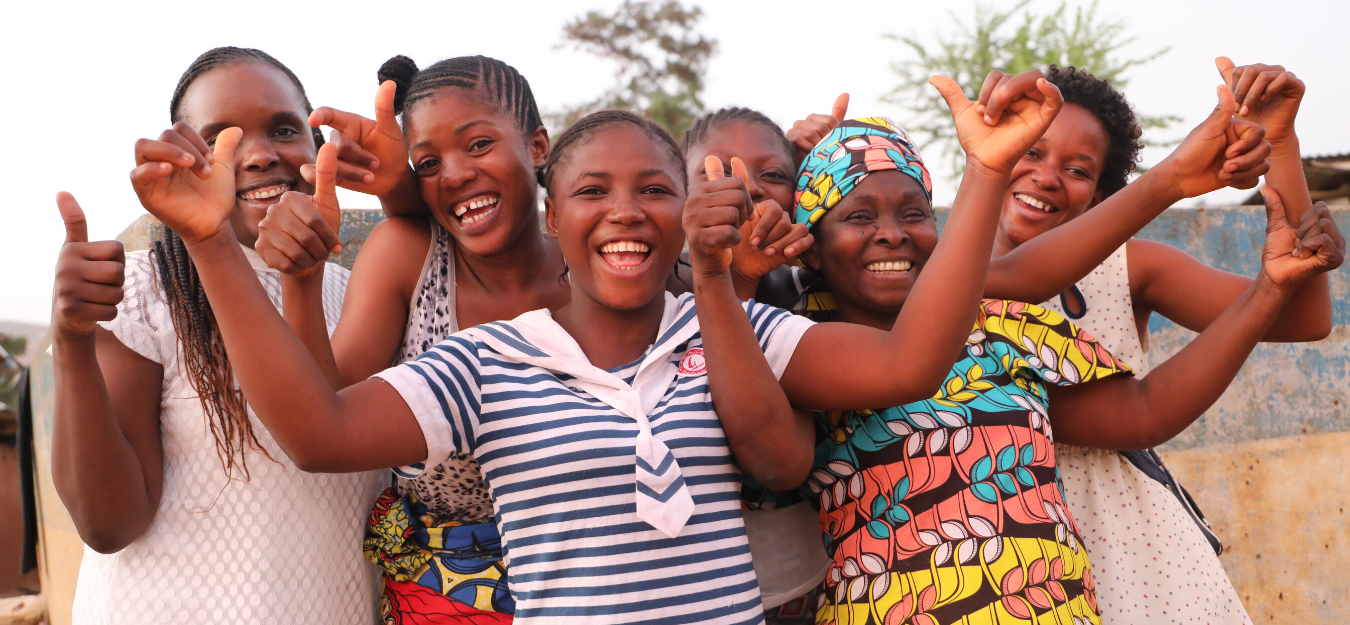FREETOWN, Sierra Leone, March 30 – The government of Sierra Leone has finally lifted the discriminatory ban that prohibits pregnant schoolgirls from attending school, effectively heralding the beginning of a remarkable era for adolescent girls.
In a statement delivered to the Nation on Monday, President Bio resolutely declared that the 2010 decision of the government of Sierra Leone preventing pregnant girls from attending school was overturned and explained that,
“We have a moral and constitutional duty to protect the girl child and to change her outcomes. My government is focused on and committed to inclusive national development meaning the radical inclusion of every citizen regardless of their gender, ethnicity, ability and socioeconomic or other circumstances.”
President Bio’s statement not only lifted the ban but also put in place a policy on the radical inclusion of girls in education as well as the comprehensive safety of all children in the educational sector.
This declaration follows the ruling by the Economic Community of West African States (ECOWAS) Court of Justice on December 12, 2019, which found the ban to be in violation of the right of pregnant girls to education. At the time, the Court found the government of Sierra Leone to be in breach of Articles 2, 3, 17, 18, 25 of the African Charter; Article 21 and 28a of the Convention on the Rights of the Child and Articles 1 and 3 of the Convention Against Discrimination in Education.
In the case that was filed by Women Against Violence in Society (W.A.V.E.S), Child Welfare Society and Equality Now, the Court held that there existed a policy which was discriminatory against schoolgirls in Sierra Leone as it barred pregnant schoolgirls from attending mainstream schools; and only allowed them to get their education in “special” schools that operated three days a week and taught four subjects.
While lauding the government’s announcement on Monday, Equality Now’s Regional Coordinator for
Africa Judy Gitau, stated that the lifting of the ban marked a new beginning for girls in Sierra Leone.
“This is wonderful news! It is a recognition in Sierra Leone that girls have a right to learn; that girls have rights! That the girl child is an equal human being to her male counterparts in society.”
Ms. Gitau also pointed out that the government’s pronouncement was a step forward for justice as it
directly complied with the ECOWAS judgment and the specific orders that had been issued by the Court including addressing some of the drivers of teenage pregnancies in Sierra Leone. She, however, cautioned that there was still work to be done.
“The huge task ahead is that of implementing these policies so that the vulnerabilities that resulted in girls getting pregnant in the first place, key among these being sexual violence and sexual exploitation, are fully addressed. We nonetheless celebrate this decision.”
On her part, W.A.V.E.S Executive Director Hannah Yambasu added that education was a right for girls in Sierra Leone and that the government had a responsibility to ensure that all members of the society had equal access to education.
“This is the realization of the girls’ right to education. We have won the battle but we must now work to shift community attitudes in order to win the war. We will keep vigilant as we await the implementation of these policies.“
Child Welfare Society Executive Director Moses Mambu also stated that the decision was timely.
“This decision could not have come at a better time as we now face a possible quarantine for the Covid-19, similar to what we faced during the Ebola crisis which saw numerous girls get violated behind closed spaces. We celebrate but continue to champion the rights of women and girls.”
On the same topic, Ms. Gitau reiterated the timeliness of the decision stating that:
“Although Sierra Leone does not have any confirmed cases of COVID-19, the similarities in preventative measures to tackle the two viruses, including quarantine restrictions, exacerbate adolescent girls’ vulnerabilities to sexual violence. This decision reaffirming the dignity of girls and the need to protect them comprehensively, therefore, is critical and timely.”
Defense for Children International (DCI) Executive Director Abdul Kemokai stated that the lifting of the ban was a win for the girls, their parents as well as the government.
“We now need to implement effective strategies for inclusive education considering the special needs of girls.”
